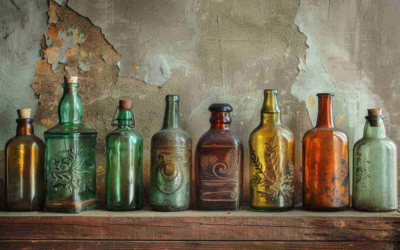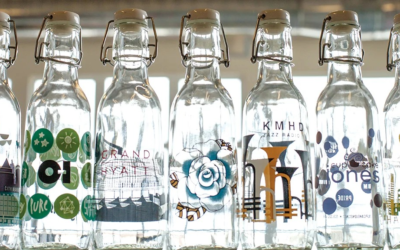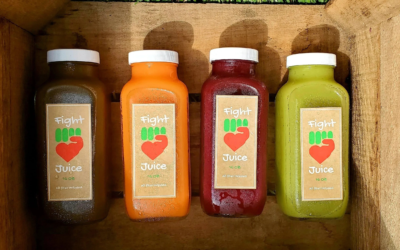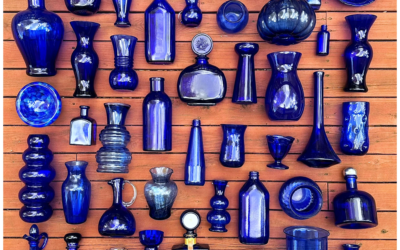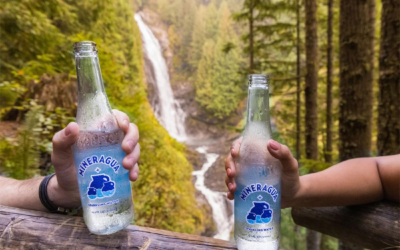Transforming used glass containers into beautiful, practical, or downright ingenious new creations isn't just eco-friendly—it's surprisingly easy, cost-effective, and a fantastic way to add unique charm to your life. Ready to see your 'trash' become treasure? Let's...
glass bottle
How to Tell the Age of a Glass Bottle: 7 Expert Methods
Figuring out how old a Glass Bottle is seems like work for antique experts. But you can do it yourself with the right knowledge. The glass tells a story through simple clues. Look at how it was made. Check the marks left by bottle-making machines. Even the flaws show...
A Guide To Creating Personalized Glass Bottles for Your Brand
Every detail of your product matters in today's busy market. A well-crafted Custom Glass Bottle shows what your brand stands for. It does more than hold your product. You might be launching a premium drink, a luxury scent, or a craft spirits line. The right glass...
5 Custom Glass Juice Bottle Trends Boosting Shelf Appeal Expert Sourcing Guide
In today’s competitive beverage market, standing out on the shelf is more crucial than ever. For brands in the juice and healthy drinks sector, packaging isn't just a container—it's a silent ambassador for your product. Custom glass juice bottles have re-emerged as a...
Strategic Reasons to Choose Cobalt Blue Glass Bottles for Your Premium Brand
Premium brands need to make a smart choice about packaging. You want to protect your product and stand out on crowded shelves. Cobalt blue Glass bottles have become the top pick for luxury skincare, craft spirits, and wellness products. The reason goes beyond their...
Ultimate Guide: 7 Factors for Choosing Glass Sparkling Water Bottles That Elevate Your Brand
In today's competitive market, every detail of your product presentation matters, starting with the very container it comes in. For brands in the beverage, hospitality, or wellness space, choosing the right packaging is a direct communication of quality and values to...


